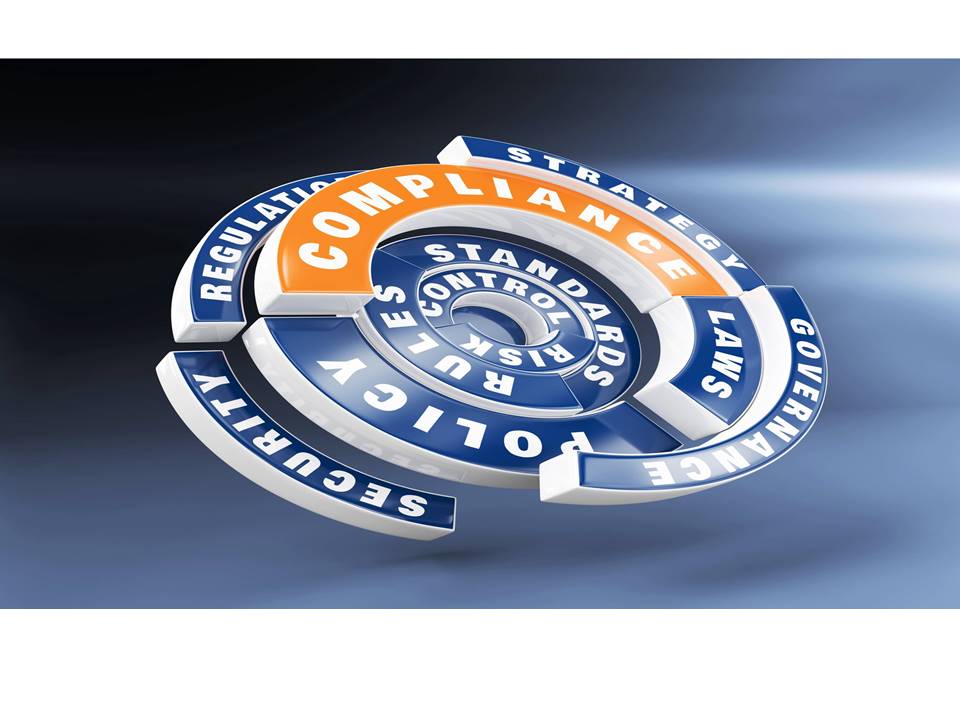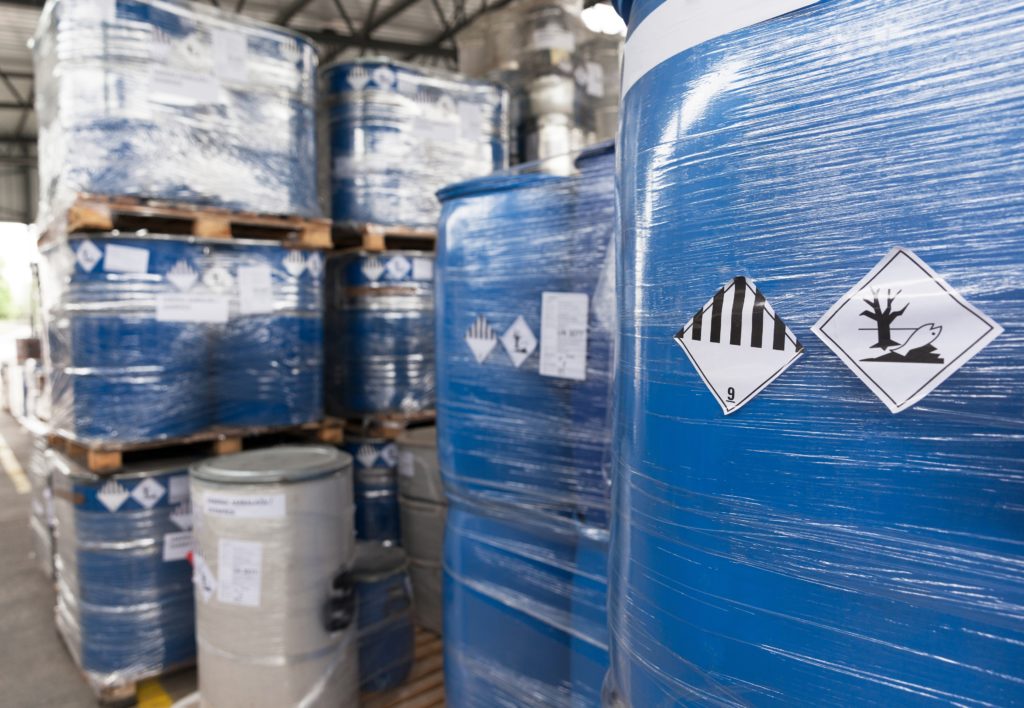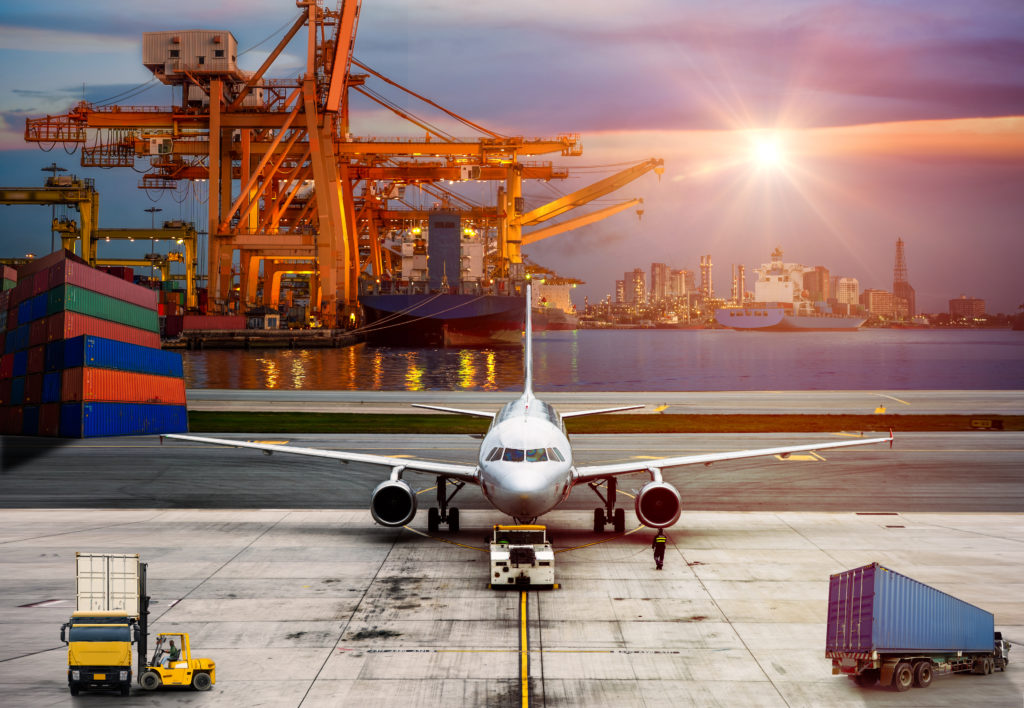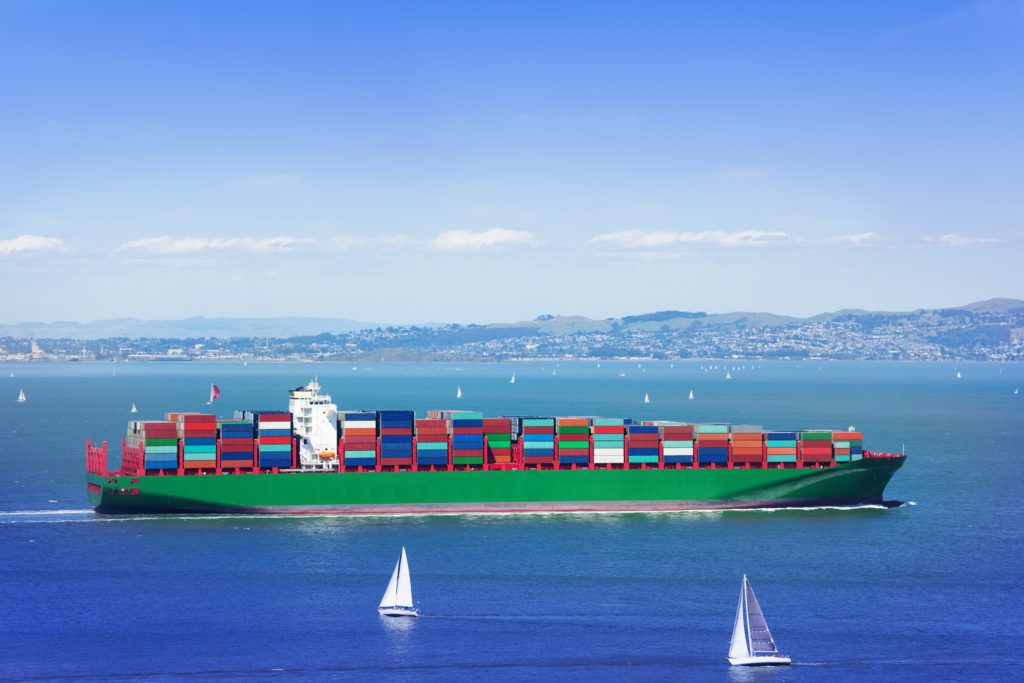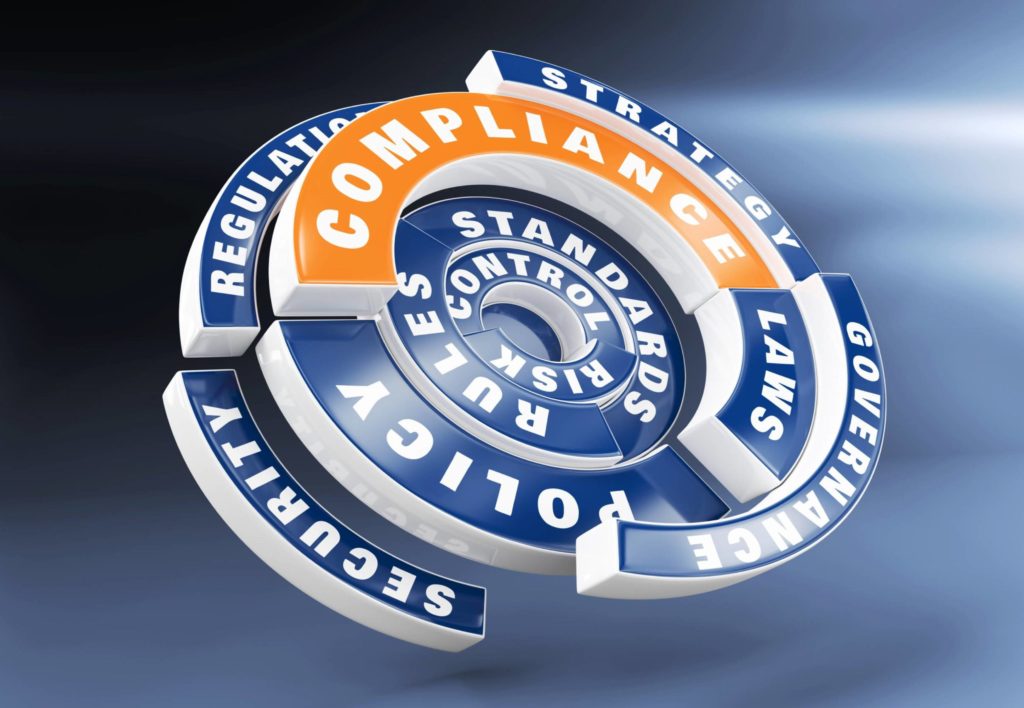EPA Compliance
EPA Regulatory Compliance Guide
EPA Regulations and Enforecement
The Environmental Protection Agency (EPA) is an independent agency of the United States federal government that was created to protect human health and the environment by enforcing regulations and promoting environmentally-friendly practices. EPA regulations are in place to minimize environmental impact from human activity, and compliance with these regulations is essential to avoiding costly fines and penalties.
Overview of EPA Regulations:
EPA regulations cover a wide range of environmental issues, including air and water pollution, hazardous waste disposal, and the use of toxic chemicals. Some of the most well-known EPA regulations include the Clean Air Act, the Clean Water Act, the Resource Conservation and Recovery Act (RCRA), and the Toxic Substances Control Act (TSCA).
Compliance with EPA Regulations:
To comply with EPA regulations, businesses and organizations must adhere to specific requirements related to their industry and activities. Compliance involves developing and implementing environmental management plans, monitoring and reporting on environmental performance, and maintaining records to demonstrate compliance.
EPA-Regulated Products
The Environmental Protection Agency (EPA) is responsible for regulating a wide range of products to protect human health and the environment. EPA regulated products include pesticides, disinfectants, and other chemicals that can have harmful effects if not used properly. It is important to understand the regulations around these products to ensure their safe and effective use.
Pesticides: Pesticides are chemicals used to control pests, including insects, rodents, and weeds. The EPA regulates pesticides under the Federal Insecticide, Fungicide, and Rodenticide Act (FIFRA) to ensure that they are safe for human health and the environment. Before a pesticide can be marketed and sold in the United States, it must undergo extensive testing and evaluation to determine its safety and effectiveness.
Disinfectants: Disinfectants are chemicals used to kill or control the growth of microorganisms such as bacteria and viruses. The EPA regulates disinfectants under the Federal Insecticide, Fungicide, and Rodenticide Act (FIFRA) and the Toxic Substances Control Act (TSCA). Disinfectants must be registered with the EPA, and manufacturers must provide information about their safety and effectiveness.
Chemicals: The EPA regulates chemicals under the Toxic Substances Control Act (TSCA), which requires manufacturers to provide information about the safety of their products. The EPA can take action to restrict or ban chemicals that are found to be harmful to human health or the environment. The EPA also regulates chemicals under other laws, such as the Clean Air Act and the Clean Water Act.
Penalties for Non-Compliance:
Failure to comply with EPA regulations can result in significant penalties, including fines, legal action, and reputational damage. The EPA has the authority to issue civil penalties of up to $50,000 per violation per day, and criminal penalties can result in fines and even imprisonment.
Tools and Resources for Compliance:
The EPA provides a range of tools and resources to help businesses and organizations comply with environmental regulations, including guidance documents, training courses, and compliance assistance centers. The EPA also offers voluntary programs such as the Energy Star program, which promotes energy efficiency and sustainability.
Conclusion: Compliance with EPA regulations is essential for protecting human health and the environment. By understanding the regulations that apply to their industry and activities and implementing effective environmental management plans, businesses and organizations can minimize their environmental impact and avoid costly penalties. The EPA provides a range of resources to help with compliance, and it is important for all stakeholders to prioritize environmental responsibility in their operations.
EPA-Regulated Products
A variety of laws and regulations govern import and export requirements for commodities, including vehicles and engines, fuels, ozone depleting substance, hazardous wastes, pesticides, and chemical substances, which may pose a risk to human health and the environment. U.S. Environmental Protection Agency (EPA) works to ensure compliance with laws governing the import and export of these materials. Read more…
Toxic Substances Control Act (TSCA) Requirements for Importing Chemicals
If you import chemical substances, mixtures or articles into the U.S., you are subject to the Toxic Substances Control Act (TSCA) and generally must meet the same requirements under TSCA as a chemical manufacturer in the United States. The TSCA Section 3 definition of the term “manufacture” includes: “to import into the customs territory of the United States (as defined in general headnote 2 of the Tariff Schedules of the United States), produce or manufacture.” Read more…
Importing Pesticides and Devices
United States Environmental Protection Agency (EPA) regulates pesticides under the Federal Insecticide, Fungicide and Rodenticide Act (FIFRA). FIFRA section 17 governs the import of pesticides and devices into, and the export of pesticides and devices from, the United States. Illegal importation of noncompliant pesticide products can result in pesticide misuse, illegal residues on food crops, human injury or exposure, and environmental damage. Read more…
In-Depth Coverage: Country of Origin
- Country of Origin of Imported Merchandise
- Customs Ruling: Country of Origin
- Country of Origin: Food Products
- Country of Origin: Chemical and Pharmaceutical Products
- Country of Origin & Country of Manufacture: CBP vs. FDA
- Country of Origin: Substantial Transformation or Country of Assembly Test
- Country of Origin and Free Trade Agreement
- Country of Origin and Section 301
In-Depth Coverage: Importing Medical Device
In-Depth Coverage: Cosmetics Import Requirements
In-Depth Coverage: Customs Valuation
In-Depth Coverage: Marketing and Advertising Compliance
- Federal Trade Commission (FTC) Advertising Rules
- Made in USA Standard
- FTC Regulation on Environmental Claims
- Adverting and Marketing on the Internet
- Label Claims for Conventional Foods and Dietary Supplements
- Dietary Supplement Advertising: What is FTC's Truth-in-Advertising Law?
- USDA Country of Origin Labeling (COOL)
- FTC Rules & Regulations on Food Advertisement
Quick Link To U.S. Customs & Import Requirements
Customs Clearance and Import Requirements
- Entry of Imported Merchandise
- What is Section 321 Entry?
- What is Automated Commercial Environment (ACE)
- What is an Automated Broker Interface (ABI)?
- Who is Ultimate Consignee?
- What is Non-Resident Importer Program?
- Country of Origin of Imported Merchandise
- What is the Country of Assembly?
- What if the FDA's Country of Manufacture?
- Marking of Country of Origin on U.S. Imports
- What is Customs Bond?
- Reconciliation Prototype and Bond Rider
- Who Needs a Customs Broker?
- What is Customs Ruling Program?
- Classification of Imported Goods
- How is imported merchandise appraised?
- What are Import Quotas?
- What are Trade Remedy Duties?
- Antidumping Duty (AD) and Countervailing Duty (CVD)
- What is Foreign Trade Zone (FTZ)?
- What is Importer Security Filing (ISF)?
- What is Temporary Importation under Bond (TIB)
- What is In-Bond Process?
FDA-Regulated Products and Import Requirements
- What is Food Safety Modernization Act (FSMA)?
- Prior Notice of Imported Foods
- Food Facility Registration
- Risk-Based Preventive Controls for Human Food
- Risk-Based Preventive Control for Animal Food
- Standards for the Growing, Harvesting, Packing, and Holding of Produce for Human Consumption
- What is Foreign Supplier Verification Program (FSVP)?
- Protect Food against Intentional Adulteration
- FDA Regulated Product in Foreign Trade Zone (FTZ)
- Entry Review Process for FDA Regulated Products
- Country of Origin VS Country of Manufacture
- Foods Regulated by FDA or USDA: What is the Difference?
- Label and Labeling Claims for Conventional Food and Dietary Supplements
- What is USDA Country of Origin Labeling (COOL)?
- Import for Export of FDA Regulated Products
- FDA Regulated Products in Personal Baggage or Sending by Mail or Courier
- International Mail Facility (IMF) and FDA Regulation
- Importing Biological Product Regulated by CBER
- Importing Cosmetics and Voluntary Cosmetic Registration Program (VCRP)
- Importing Drugs into the U.S.
- Importing OTC Drugs into the U.S.
- Importing Veterinary Drugs into the U.S.
- Importing Tobacco Products into the U.S.
- Importing Medical Devices into the U.S
- Importing Food Products into he U.S.
- Importing Radiation-Emitting Products into the U.S.
Guidance on Customs & Logistics Solution for traditional and e-commerce importers and exporters.
Customs Clearance
All goods imported into the U.S. are required to be declared to CBP. Our customs broker will help you stay in compliance with customs laws and regulations and clear your goods quickly and efficiently with our electronic Automated Commercial Environment (ACE) and Automated Broker Interface (ABI) Single Window System.
Freight Forwarding
Looking for a freight forwarding partner? To move your cargo from its current location through customs to its final destination we will partner with you to find the best way for your business. Whatever your transportation, logistics and customs clearance need, we will do our best to customize a solution for your needs.
Warehousing & Distribution
Our warehouse facility offers great potential for serving as a regional hub with over 145,000 SF storage capacity close to Los Angeles Airport & Los Angeles/Long Beach Sea port. With our extensive experience in freight services, your import/export cargo will be handled quickly and effectively.
Importer Security Filing (ISF)
An ISF is required when cargo (ocean only) laden on vessel at a foreign port is destined for shipment to the U.S. Under ISF rule, some importing information and details regarding cargo must be transmitted to the CBP at least 24 hours before goods are loaded onto the vessel.
Non-resident Importer Program
If you want to sell your products in U.S. marketplaces, but you are a business owner located outside of the U.S., and do not have an entity or physical presence in the U.S., you need to be established as a Foreign Importer of Record before your goods can be imported into the U.S. We can help you.
E-Commerce
The Internet has made it easy to find and purchase items from almost anywhere in the world. Our e-commerce experts will help you find the right solution for your international transportation, customs clearance, and delivery to your final destination. We also provide value-added repackaging, warehousing and distribution services.
Section 321 Entry
Section 321 entry allows importing free of duty and tax for shipments imported by one person on one day having a fair retail value in the country of shipment not more than $800. We provide our resident and non-resident clients with dedicated ACE eManifest solutions for Section 321 entry of all modes of transportation.
Design your own logistics
To move your cargo from its current location through customs to its final destination we will partner with you to find the best way for your business.

